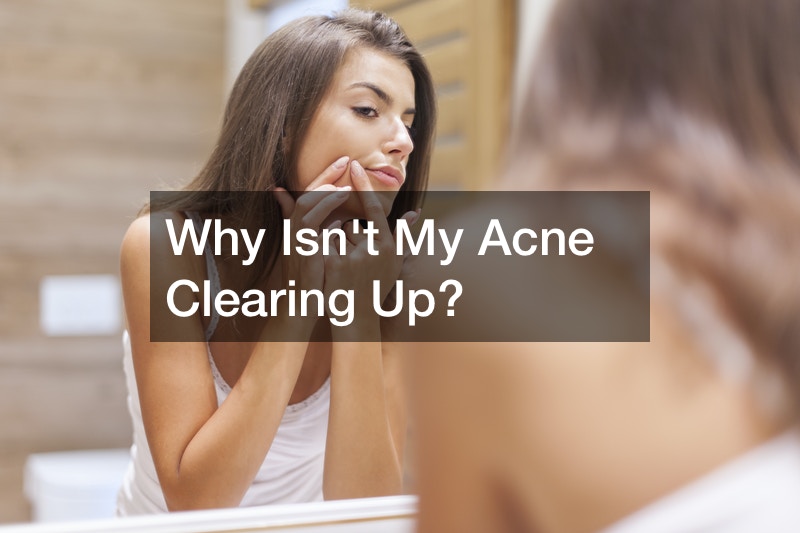
According to the American Academy of Dermatology, about 50 million people in America suffer from acne. It is the most common skin condition in the world. Commonly thought to be a teenage problem, about 25% of adults experience it.
Acne outbreak causes include wearing headgear, hormone levels, stress, fingering or picking at pimples, using greasy face products, and certain foods. Although chocolate is thought to cause acne, no studies back this up. Skim milk, sugar, and whey protein may cause acne on face and neck.
Do you have acne on one cheek? This is because one cheek touches something more often than the other cheek. Avoid touching your face often. Wash your pillowcases regularly, especially if you are a side sleeper. Keep your cell phone clean with disinfectant wipes.
Treating acne on the neck and shoulders is more difficult than on the face. The neck and shoulders often rub against hair or clothing, which contributes to outbreaks. Cutting your hair short can help the skin on the neck dry out. It also makes it easier to put medicated creams or lotions on the pimples without it messing up the hair. For treating acne on the shoulders, use the same products as for facial acne. Avoid tanning. Wash as soon as possible after sweating.
When you’re experiencing persistent acne that doesn’t respond to the usual acne treatment products, it can be frustrating to find the best skin care routine for you. But sometimes, the best solutions are often the most simple. If your acne hasn’t responded to over-the-counter products, try these simple adjustments to your routine. It can help you eliminate any external factors that are affecting your acne, and can give your dermatologist a better idea of the cause of your breakouts.
Cut out fast food – One of the keys to healthy skin is a healthy diet. When you eat foods that are loaded with grease, you can leave that extra oily residue on your face, where it can clog your pores and contribute to additional breakouts. By cutting out greasy foods, you can cut down on your risk of getting the oils on your skin, leading to less acne and fewer acne scars. (And you’ll see an overall improvement in your health, without the extra fatty foods.)

Go outside – While too much sun exposure can lead to skin damage, a healthy amount of sun can help you clear up your skin, and reduce the appearance of acne scars. Make sure you find a sunscreen that you can use on your face, one without additional oils or clogging ingredients. Then, take a walk, go to the beach, or just hang out in the yard, and get the vitamin D you need for bright, clear, healthy skin.
Change up your products – If you’ve done everything recommended by your dermatologist to clear up your skin, and you still aren’t seeing any results, you may need to switch up your products. If you’re getting persistent back acne, it could be one of the ingredients in your conditioner or shampoo. Try different products until you find one that doesn’t contribute to your existing acne.
